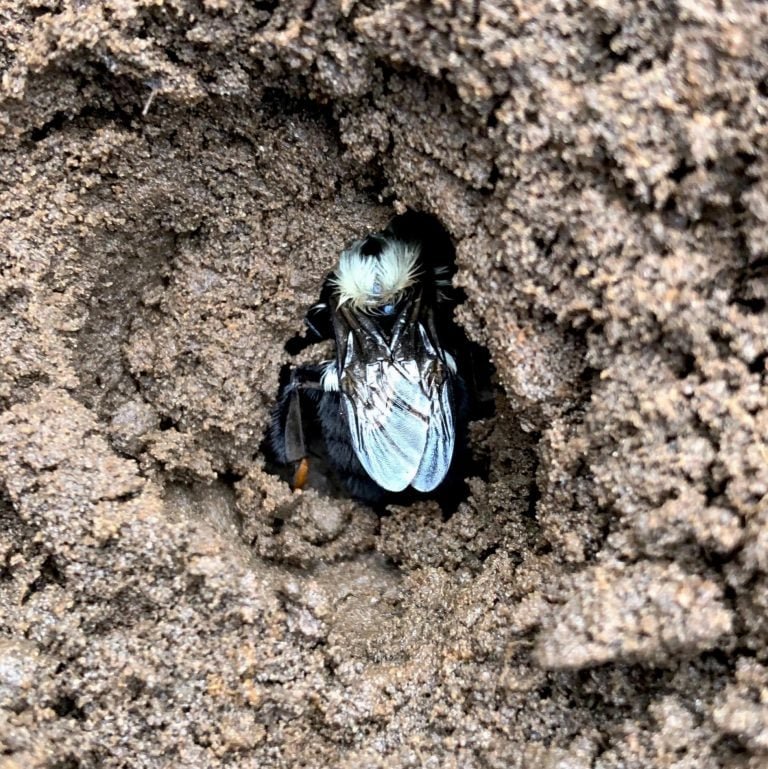A shocking discovery has left scientists buzzing. Researchers at the University of Guelph uncovered a disturbing preference among bumblebee queens: they’re more likely to hibernate in pesticide-contaminated soil than clean soil.
*The Alarming Experiment*
Drs. Nigel Raine and Sabrina Rondeau conducted a controlled study, offering newly emerged queens a choice between contaminated and pesticide-free soil. The results were staggering – queens overwhelmingly chose the toxic option.
*What’s Behind This Bizarre Behavior?*
Theories abound:
1. *Altered soil properties*: Pesticides may change soil composition, making it strangely appealing.
2. *Pesticide tolerance*: Queens may develop a preference due to prior exposure.
3. *Novelty-seeking*: Bees are known to seek new experiences; could this drive queens to contaminated soil?
*The Consequences*
This preference raises red flags:
1. *Colony survival*: Pesticide exposure imperils queen health and reproduction.
2. *Environmental implications*: Widespread contamination threatens ecosystem balance.
3. *Food security*: Bumblebees pollinate crucial crops; their decline jeopardizes global food supplies.
*A Call to Action*
The study highlights the urgent need for:
1. Enhanced environmental risk assessments.
2. Reconsidered pesticide management practices.
3. Sustainable agricultural methods.
*Join the Conversation*
Share your thoughts: What can we do to protect these vital pollinators?
References:
Rondeau, S., & Raine, N. (2024). Soil pesticide contamination alters bumble bee queen hibernation site selection. Science of the Total Environment.

















